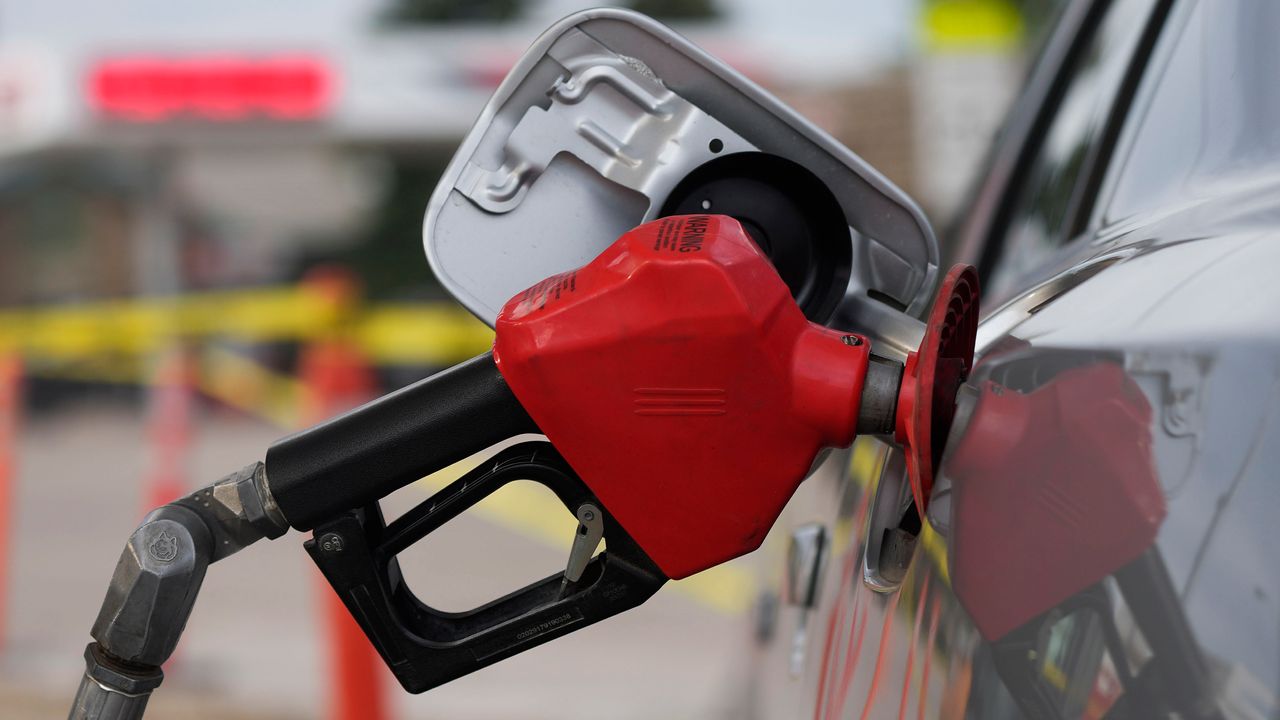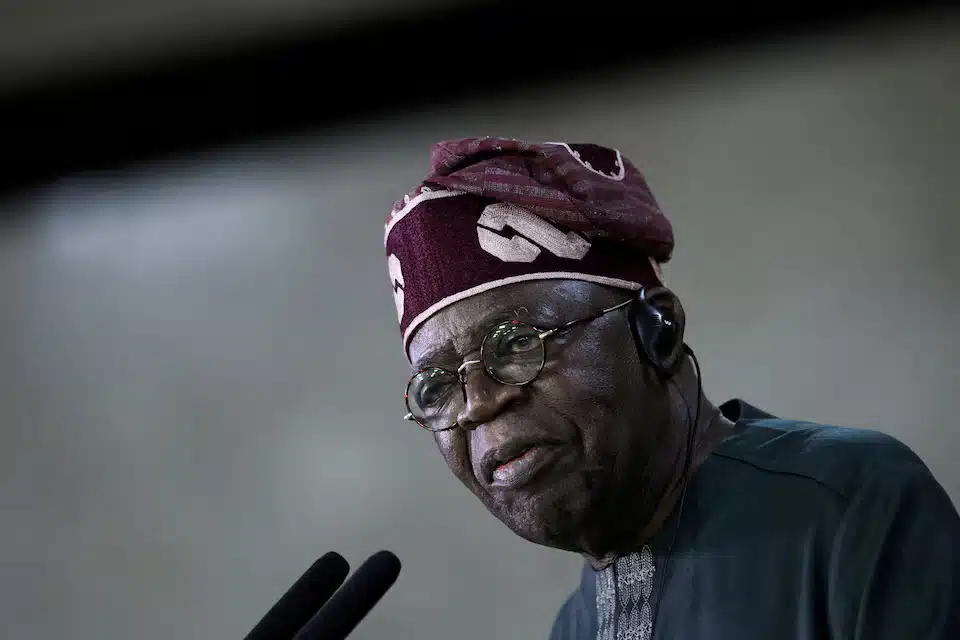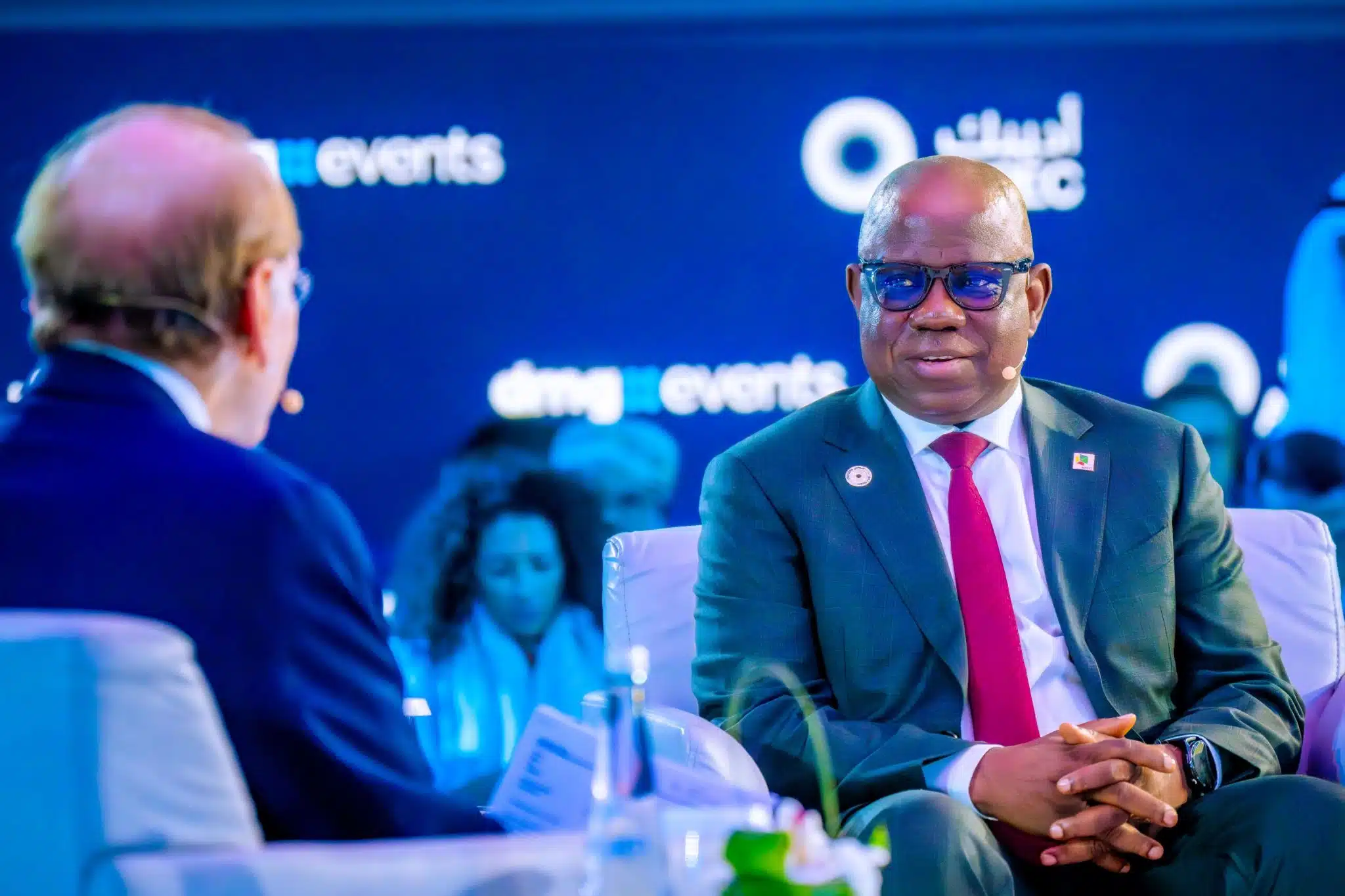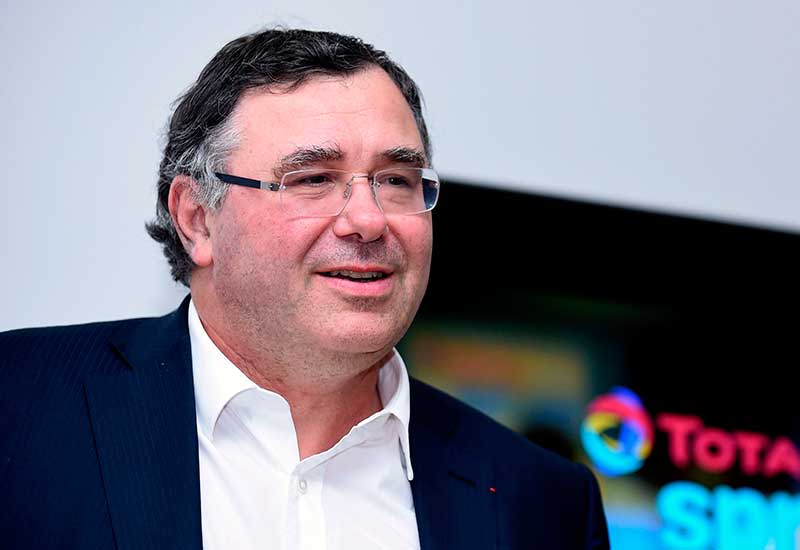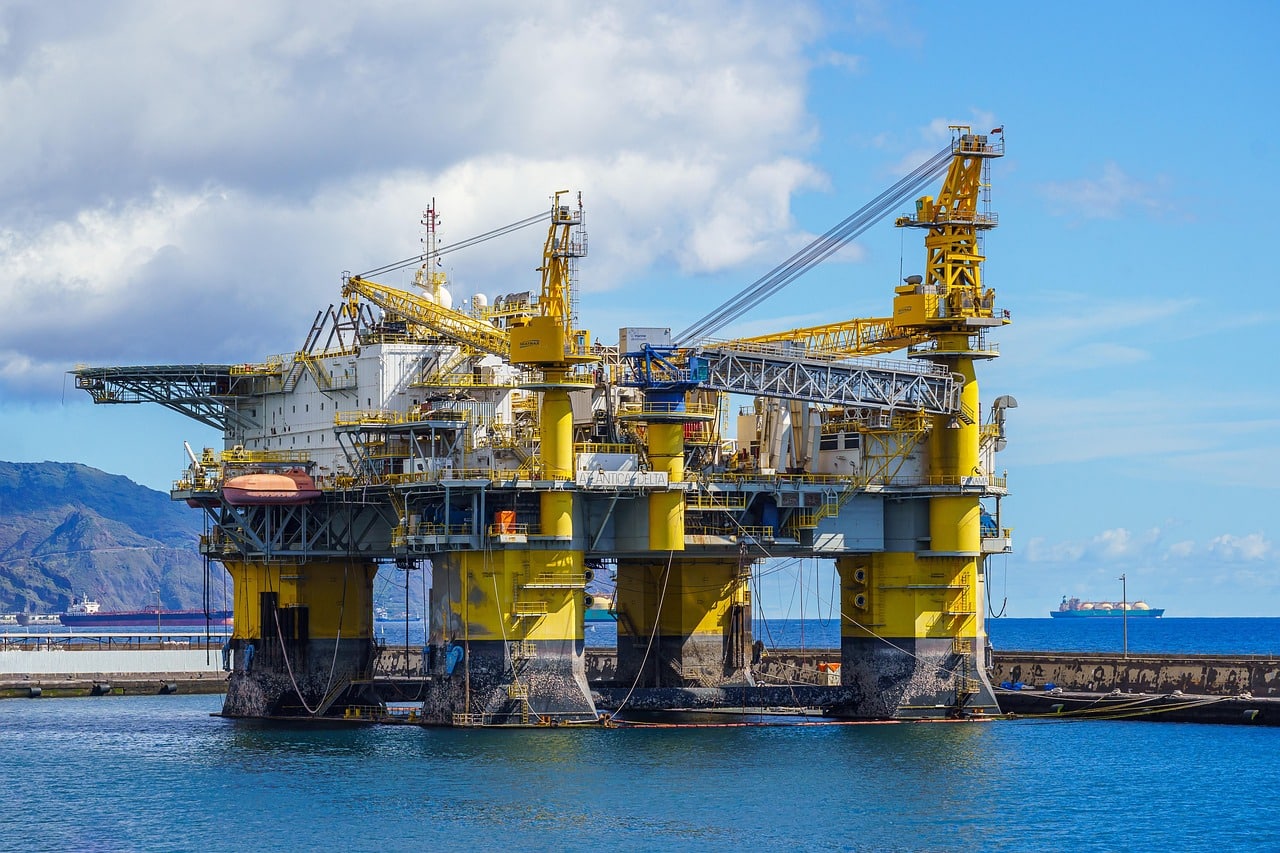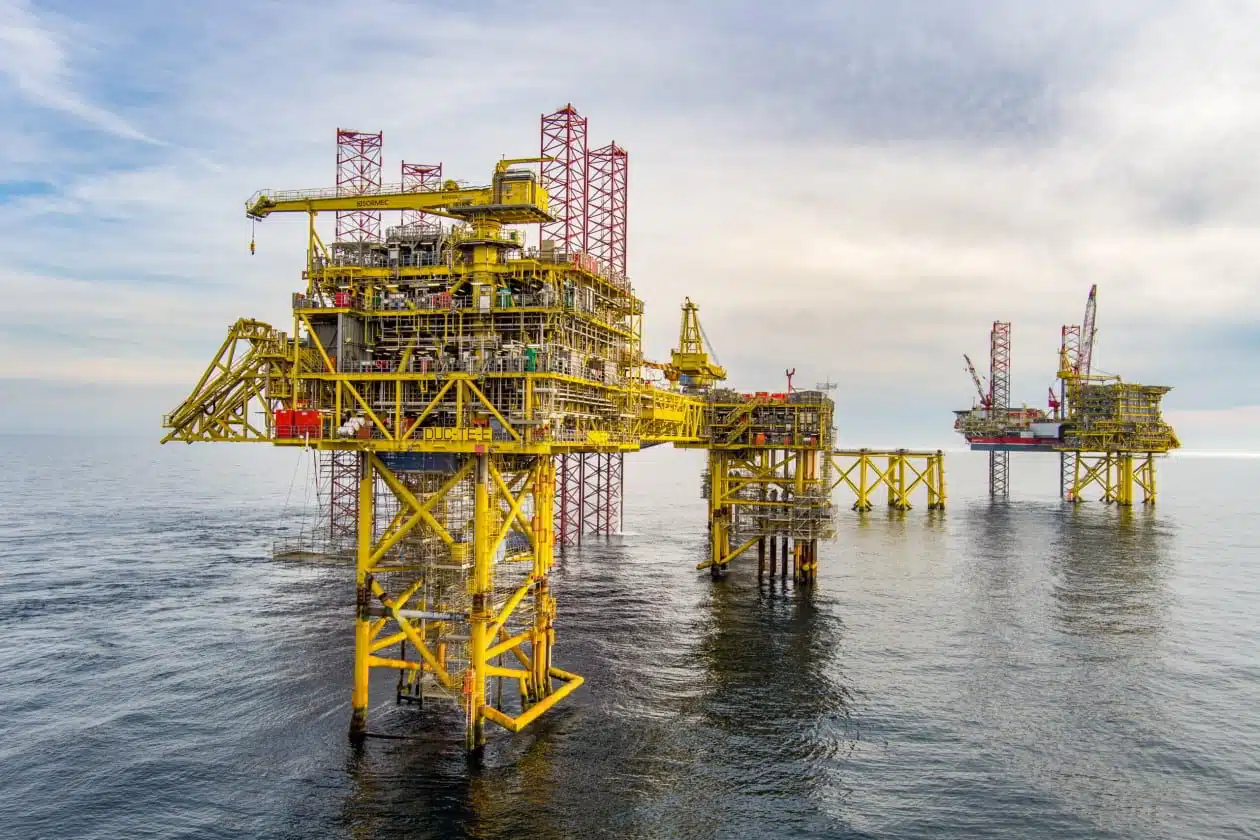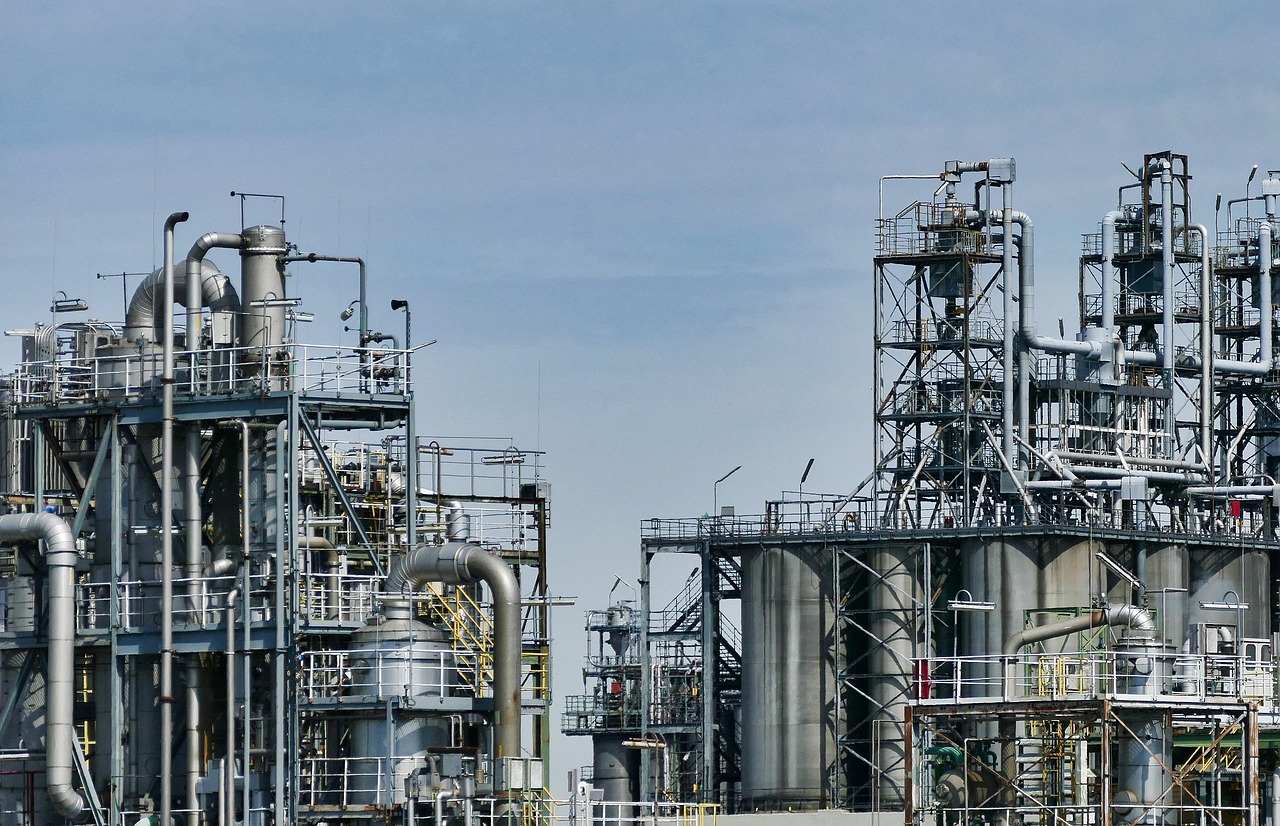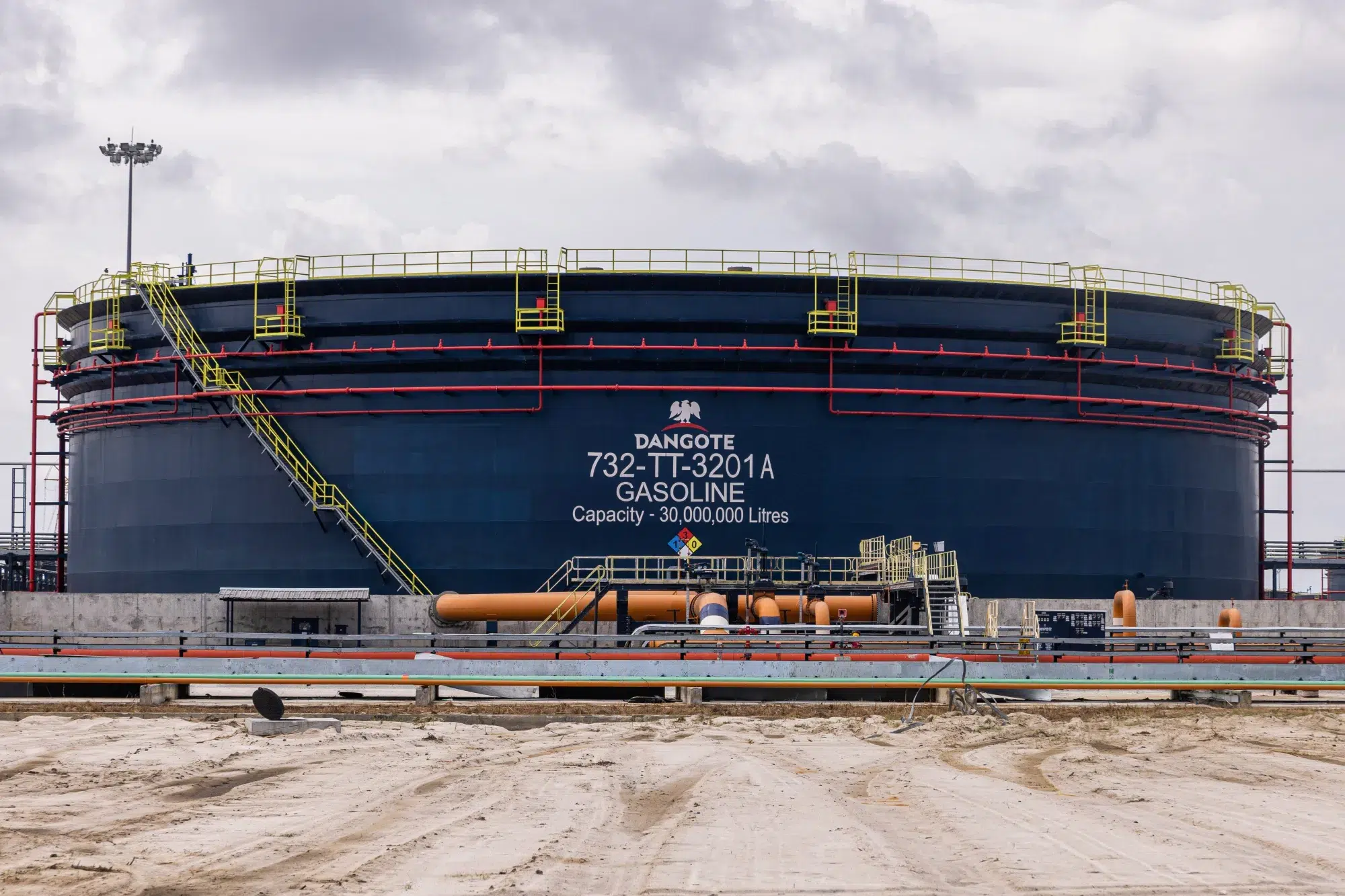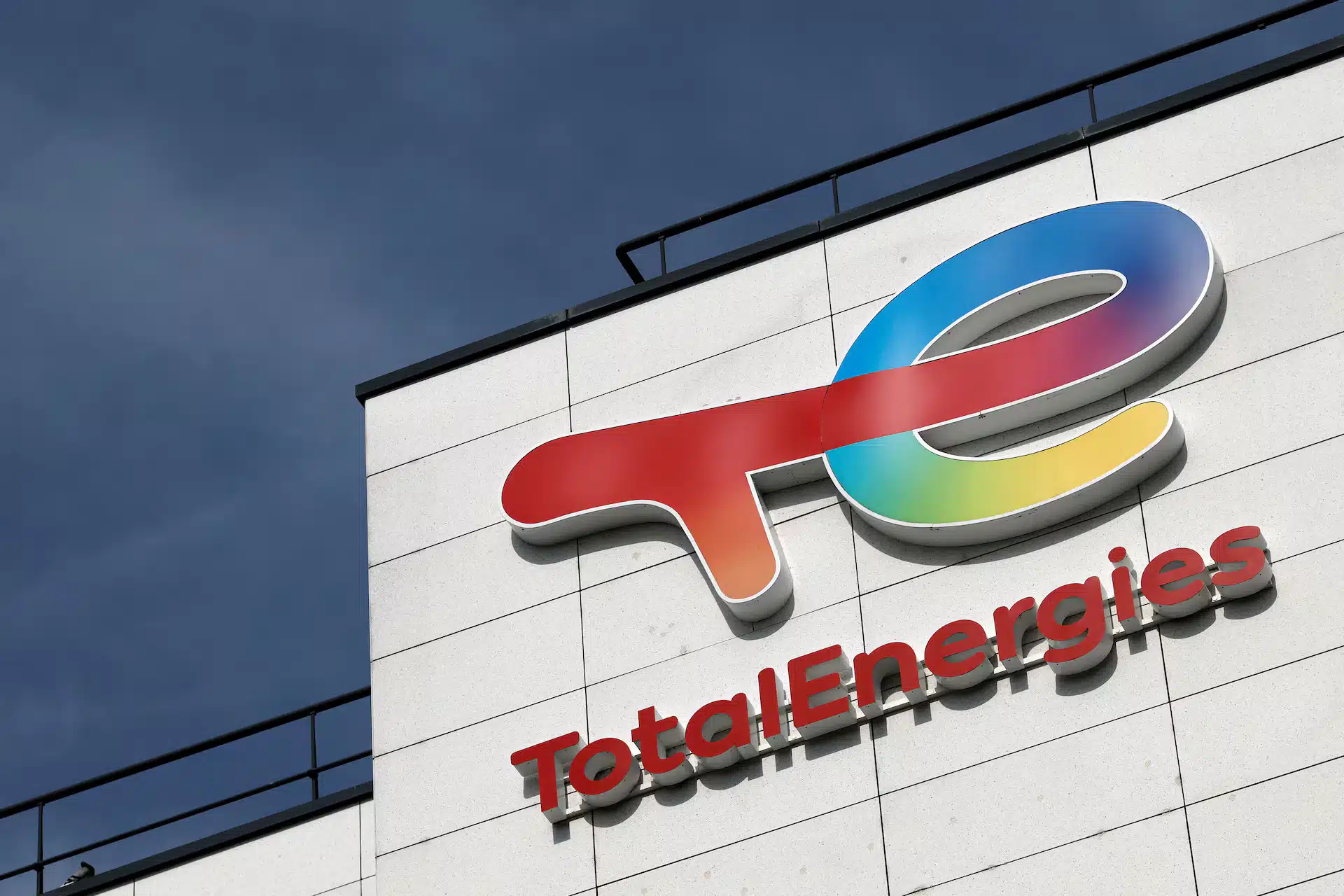A friend of mine, I will call him Benjamin for the sake of this discussion (not real name), headed to the fuel station on a sundry evening in May.
He had planned to buy 10 litres of fuel for then N2,000 ($1.40) or less.
His surroundings were quieter than usual. And even though the petrol retail station was located within his estate, he observed very little activity going on.
At this time of the day, residents living in Unity Estate, Ifako, would have trouped out to get fuel at the only filling station in their suburban enclave.
As he approached the location, the reason for the unusual placidity became clear to him. The filling station was locked.
Well, could it be the public holiday? “No, it can’t be,” he told himself, “filling stations are essential services. They can’t just lock themselves out, knowing fully well they are the only retail outlet in the estate.”
Wanting to find out what was going on and why they would lock their station to customers, Benjamin approached one of the fuel attendants.
“What’s going on here? Why is there no fuel?” he curiously demanded.
“Oga sey make we no sell until further notice. Selling now fit dey risky,” the guy told him.
In plain English: “Our boss said we should not sell any fuel till further notice. Selling now could be risky.”
It only dawned on my friend the new reality of what was happening.
Earlier, he had listened alongside millions of Nigerians to the inaugural speech of the newly elected president, Bola Tinubu, declaring boldly, as if he relished the arrogance and aura at which he said those words, “subsidy is gone.”
It was May 29, 2023.
“I didn’t believe such a single declaration would take quite an immediate effect that spiraled nationwide,” he would later tell me.
That night, Ben walked another two kilometers outside his gated estate before luckily getting a “black market” vendor who would sell the same product to him for N4,000 ($2.80) for six litres.
That was the last time my friend would buy fuel that cheap.
A drastic change in petrol market
The abrupt removal of subsidy in May 2023 sent unprecedented shockwaves through the whole petroleum industry in the country.
Some dealers, including importers, marketers, and depot owners, couldn’t believe or anticipate the disruption in the aftermath of the announcement.
In just a few hours, the prices of petrol skyrocketed by over 200%, leaving commuters, motorists, and businesses awestruck.
What followed was retail outlets locking their stations, hoarding the fuel they had so they wouldn’t sell below the new market price.
“We don’t even know what the new market price would be. So, afraid of replacement cost and other external factors, we were advised not to sell for some time,” a petrol marketer confessed to me then.
Those who decided to sell were calling random, un-uniform prices ranging from N600 ($0.42) per litre to about N1,500 ($1.05) per litre.
And there were street urchins who saw the unfortunate incident as an opportunity to take advantage of the masses.
They led black markets, hawking petrol in jerrycans and other containers to desperate, weary buyers.
A motorist, who had been tired of waiting aimlessly in a queue at the front of a petrol station that may or may not end up selling to him when his time finally came, decided to buy from one of the urchins banging on his car windows.
The hawker had been calling his attention to a 5-litre white, transparent container he was willing to part with for “just N10,000 ($7.00).”
The driver had no choice but to give in. He couldn’t wait in the middle of nowhere forever.
Petrol became a scarce commodity.
Nigerians were angry, desperate, and torn.
“Let the market decide”
Without a doubt, the government sent out its myriad of spokespersons defending the new policy as a step in the right direction.
“It is long overdue. The president took a bold decision,” one pundit said.
“All the leading candidates in the presidential election said they would remove subsidy immediately. So, it was a general consensus that subsidy needed to go,” another added.
There were arguments stemming from applause for the bold reforms from the president to criticisms of how disruptive and unplanned the policy implementation had been.
The conversation went on and on. Whereas in the market, the prices of petrol kept changing upwardly every day, pinching the masses a little bit harder.
Nigerians are coming into a new reality.
Underneath all this is a subtle yet obvious fact that the country, indeed the masses, no longer have a say on the petrol prices in their country.
The decision has been taken away from them, left arbitrarily in the amoral hands of “market forces.”
The state oil firm, NNPCL, issued a statement, saying:
“The market has been deregulated, meaning that petrol prices are now determined by market forces rather than by the government or NNPC Ltd. Additionally, the exchange rate plays a significant role in influencing these prices.”
The oil firm, which used to be an arbiter between the marketers and the buyers, rescinded to the backseat.
“Let the market decide,” they said.
Oil producer with expensive fuel
Moreover, Nigerians, like most oil-producing nations, pride themselves as beneficiaries of refined products.
They believed, if at all anything, they ought to have a say in the abundant crude oil they were blessed with as a nation.
There was an unwritten agreement between the people and the oil players that the latter could sell cheaper products from the oil gotten in the country.
This trend isn’t exclusive to Nigeria.
Countries like Libya, Gabon, and Angola all have some form of subsidies on their petroleum products due to the fact that they produce crude oil in abundance.
Even other nations like Ghana, Egypt, and Morocco with limited or no oil at all offer this form of energy subsidy to their citizens.
So how come Nigeria, Africa’s leading oil-producing nation, decided to yank its own subsidy, leaving the masses without respite?
Unwritten contract between Nigerians and NNPCL
I know some readers may say this is an old story, and why should we revisit an old wound.
But the truth is the stark reality of subsidy removal isn’t old at all. In fact, it’s as fresh as the dew on a winter morning.
Petrol prices are rising again in Nigeria.
This time the blame couldn’t be arrogated to the government since it claims it has no involvement in the matter anymore. After all, subsidy is gone.
But while this might be the case, Nigeria’s economic arrangement isn’t based on the theoretical assumptions people might be accustomed to.
NNPCL has a major stake in all oil exploration and production in the country, and it collects dividends and royalties from these agreements.
Understandably, these royalties are meant to go to government coffers — to fund projects and infrastructure across the country.
This sometimes has been referred to as “petrodollar.”
This isn’t oil taxes the oil firms pay or the signature bonus for allotting a block to a company.
It’s a shared agreement the government takes as the “owner of the oil buried underground” on behalf of the people.
The emergence of a fuel subsidy system in Nigeria, therefore, was never accidental or an afterthought.
The thinking was that if NNPCL holds a stake in all oil production activities in the country on behalf of the people, it then stands to reason that the people must enjoy directly from the proceeds of these stakes.
This was the reason for the formation of the Petroleum Fund Trust (PFT) in the 70s, which gave birth to the modern-day petrol subsidy.
With the passage of the PIA 2021 and a complete deregulation of the downstream market, this line of thinking has been eroded.
While NNPCL still maintains its equity stake in oil production in the country, collecting royalties on behalf of the Nigerian people, the subsidy they benefited from this unwritten contract is no longer in place.
“The market forces” here, therefore, aren’t necessarily arbitrary. It’s NNPC, the government, and a few visible players in the system who now control the prices.
Nigerians have no say whatsoever, albeit owning 100% of the oil.
Market forces or fair pricing
Meanwhile, prior to the removal of subsidy, there was a pricing mechanism laid out by the regulators that covered import price parity, logistics fees, storage fees, as well as regulatory fees.
While prices marginally varied in different parts of the country due to all of these factors, the common understanding was that there was a pricing system everyone was accustomed to.
This pricing system was usually published in the country for people to know how the products were sold.
While the marketers and other sellers controlled the landing costs of these products, the government paid for other costs as “subsidy.”
Now that subsidy is gone, the government has decided to throw away the figurative baby and water altogether.
With the absence of a price benchmark, anyone can quote any price to distort the market and even cause friction across the value chain.
Truly, this is already taking place.
For instance, since the removal of subsidy, Dangote Refinery, the only functioning refinery in the country, has adjusted its prices at least ten times.
These drastic and sometimes sudden changes in prices are not without implications.
For one, some marketers now wait for Dangote to call its price and decide how much they’ll sell their products.
Others, whose product shipping costs may be more, have accused the refinery of price manipulation and attempting to force them out of business.
Then there’s the issue of price disparities, where the cost of petrol could be so high in one region, affecting other economic activities, while it stays low in another.
Fact is, no one knows what the price will be.
And for those who claim stability is the objective, no sir, the prices are not stable. They’re swirling around like a pendulum clock.
The body responsible for regulating downstream activities in the country, NMPDRA, seems to be moot on what the future price mechanism would be.
The harsh truth is that outside of a formulated price mechanism, without fuel subsidy, the market runs the risk of price gouging, distortion, and possible collusion among sellers for unfair advantage.
Even the free market capital of the wrold, which is the US, regulators such as the Federal Trade Commission (FTC) play a crucial watchdog role in ensuring that the U.S. fuel market remains fair and competitive.
The FTC investigates situations where oil companies, refiners, or distributors might coordinate prices, restrict supply, or share sensitive market information to gain unfair advantage.
In other words, it’s the referee of the game, enforcing fairly the rules of engagement.
This is exactly the role of NMPDRA, only if it decides to live up to its obligations.
Nigerians left out in cold
An era where subsidy is gone doesn’t necessarily imply that the people, the consumers, are rendered powerless without a say in the matter.
As a matter of fact, it means consumers should be given the choice to bargain, negotiate, and decide what price they’re comfortable with.
However, in a situation where the rules of the game are blurred and prices are determined simply by a selected few, it only implies one thing — those whom the law is enacted to protect have now become victims of the law itself.
Nigerians have now lost the power to bargain for a fair price for the petrol refined from the very oil beneath their own soil.

